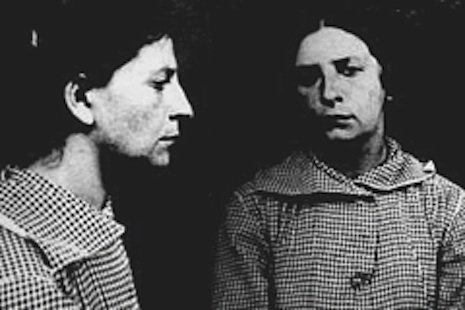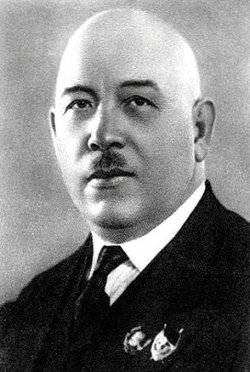Murder and Poetic Inspiration: Killing Fanny Kaplan, 1918 February 20, 2015
Author: Beach Combing | in : Contemporary , trackbackThe Soviet Union is infinitely ghastly and fascinating. Sometime it is the sheer scale of horror, sometimes, as today, it is the surreally Marxist details that astonish in this case the collusion of murder and poetry. 30 August 1918 an attempt was made on Lenin’s life in Moscow. The probable assassin was a half blind, extreme socialist called Fanny Kaplan (obit 1918, no surprises here!). Beach says ‘probable’ because there is a long tradition of doubting the official Bolshevik version of events, perhaps because the Bolsheviks were habitual liars but also because there are conflicting descriptions of the assassination. In any case, Fanny was made to carry the can, whether or not she had been the one to throw it at Lenin. She was taken to a garage in the Kremlin, 3 September 1918, by Pavel Malkov (obit 1965). Malkov had been given exact instructions and like all good Bolsheviks he followed the party line. He shot Fanny, apparently in the back of the head, while a car engine was running. Afterwards he personally made sure that her body disappeared without trace: many of Fanny’s friends would die in the weeks following, and for years afterwards, this being a mad police state, people with the surname Kaplan found themselves sent to gulags for no apparent reason. One of the most fascinating things about totalitarian states is their irrationality.
Just another tawdry revolutionary episode, then? In some ways less remarkable than others, because Fanny was guilty of failing to rid the world of a monster and there was only one immediate death. Well, yes, but Beach’s eagle eye caught a detail that should not be lost to Calliope. Malkov and Kaplan were not alone in the garage. With them was Demyan Bedny (obit 1945, pictured), perhaps the most famous revolutionary poet. And why was Demyan there? To hold a spare gun in case Malkov missed? To help clean up the mess? To turn the ignition on the car whose engine was supposed to distract the world? Not a bit of it! He was there for his poetry. Demyan was living, at that time, in the Kremlin, had heard the tell tale sign of motors and had come running to see the fun. Malkov describes the poet biting his lip and watching nervously but refusing to leave the scene. According to another account (non-contemporary?) Lenin had specifically asked Demyan to watch for ‘revolutionary inspiration’. There are medieval claims that poets accompanied armies to battle to describe the heroism of this or that warrior, but Beach knows of no other such modern example: drbeachcombing AT yahoo DOT com Unfortunately for everyone involved Demyan seems not to have written a poem on this particularly murder. But there were to be several million more…
For another example of Lenin and very bad poetry.




